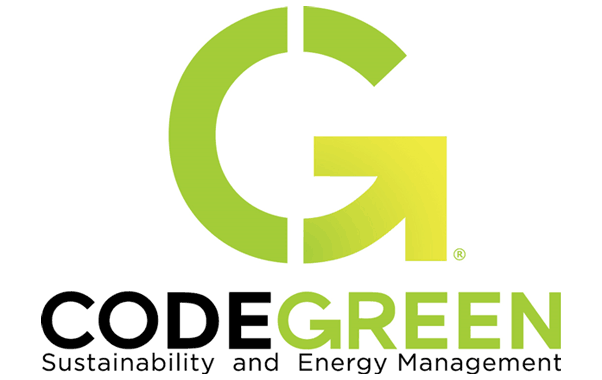Code Green Solutions


A recent study from the University of North Carolina at Chapel Hill Kenan-Flagler Business School highlights the progress that 119 U.S. REITs have made between 2013 and 2015 regarding their sustainability reporting. The research also identifies areas for improvement and potential drivers of success.
The study assessed consistency in sustainability reporting, metrics used, frequency of reporting, communication medium, disclosure type, and degree of disclosure.
Here are a few findings and related questions for the industry:
Improvement: Information about company sustainability efforts could only be found for 46% (55 REITs) of the 119 REITs analyzed. This is a significant increase from 26% of the same 119 REITS that reported on sustainability in 2013.
Inconsistency: The sustainability reports included a significant amount of inconsistency in the metrics used. However, the three disclosures that were most commonly found were energy savings, water savings, and waste diverted from landfills. Unfortunately, these three metrics were reported nine different ways.
Lack of sector correlation: No association was found between REIT sector focus and excellence in sustainability report. As an example, 33% of the highest scoring REITs focused on retail while 27% of the lowest scoring REITs invested in the retail sector.
Focused leadership matters: No surprise – firms with Directors or Vice Presidents of Sustainability were tended to perform better on sustainability reporting.
I will leave you with that brief snapshot and encourage you to download the report and stew on these and other related questions.
The bigger picture: Investing without sacrifice
Many of us in the financial and academic sectors have moved well beyond the decades-old idea that achieving social or environmental goals requires sacrificing financial returns. While that can still be the case – and that is why the government, foundations, and non-profits play important roles – today the bigger story is really about how more investors can move billions of dollars into low-carbon and resource-efficient solutions and generate market returns in some of the fastest growing industries in the world, such as green building, solar power, energy storage, and electric vehicles. In fact, just the clean energy economy alone (not to mention water or materials) today represents a $1.4 trillion global economy, larger than the entertainment, media, beer, and airline industries. These investment theses are not a niche, and they are not going away.
Authors
The authors of this recent report are Gia Vosilla, Jon Behrendt, and Melissa Hanson. Authors of the prior 2013 report “State of the Industry: Sustainability Reporting Within the REIT Sector” were Emma Boundy and Bryan Poole.
Both reports were completed as part of the MBA class I teach, “Innovations in Green Building,” which focuses on the business, finance, and strategy of resource-efficient infrastructure and construction, and overlaps with the company I founded, IronOak Energy, to help investors place capital and produce market-rate returns in these sectors.
READ: State of the Industry: Sustainability Reporting Within the REIT Sector – 2016 Update
READ: State of the Industry: Sustainability Reporting Within the REIT Sector